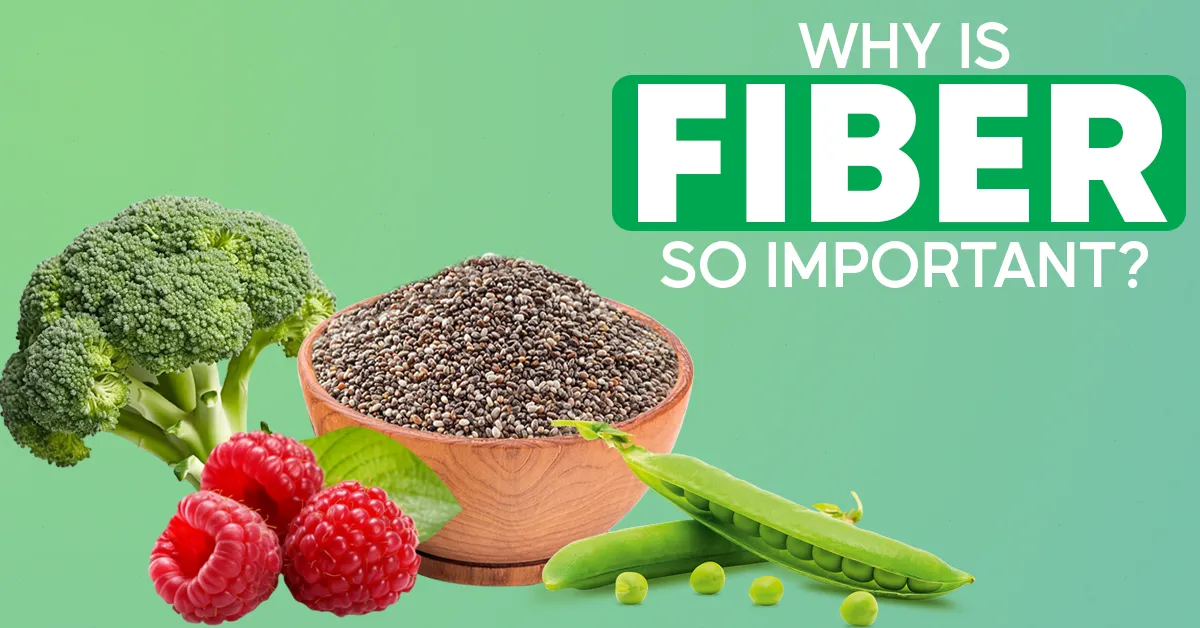Fiber is widely known for its role in digestion. It can aid in decreasing the risk of constipation and helping you maintain regular bowel movements.
As a result of being a digestion and gut health aid, fiber also positively impacts other areas of your health.
What does Fiber Do?
Besides normalizing bowel movements, fiber also plays a role in cholesterol, blood sugar, and weight management.
Fiber can help lower “bad” cholesterol levels. This is because soluble fiber can make it more difficult for cholesterol to absorb into the bloodstream.
Similar to cholesterol, soluble fiber also can slow the absorption of sugar in the body.
Fibers Role in Weight Management
Foods that are high in fiber can be ideal for helping you manage or lower your weight.
It often takes longer to eat high fiber food, and many high fiber foods are less calorie dense than foods that have lower amounts of fiber. As a result, high fiber foods can be more filling to keep you from overeating.
Does Fiber Lower the Risk of Disease?
Fiber helps your gut health and may produce anti-inflammatory effects that help reduce your risk for conditions associated with chronic inflammation.
Fiber may decrease your risk of:
– Heart disease
– Type 2 diabetes
– Breast cancer
– Colorectal cancer
– Chronic constipation
Learn more about how fiber decreases your risk of disease
Soluble vs Insoluble Fiber
Though nutrition fact labels group “fiber” together as one category, there are two distinct types of fiber.
When you think of fiber’s role in helping food move through your body, that’s insoluble fiber. It helps you pass softer, but larger stools.
Examples of foods with insoluble fiber include: whole-wheat flour, wheat bran, nuts, beans, cauliflower, green beans, and other vegetables.
On the other hand, soluble fiber dissolves in water and turns into a gel during the digestion process. This gel can in turn slow down digestion and help keep you feeling full longer.
Examples of foods with soluble fiber include: oats, peas, beans, apples, citrus fruits, carrots, and barley.
Learn more about the difference between soluble and insoluble fiber.


